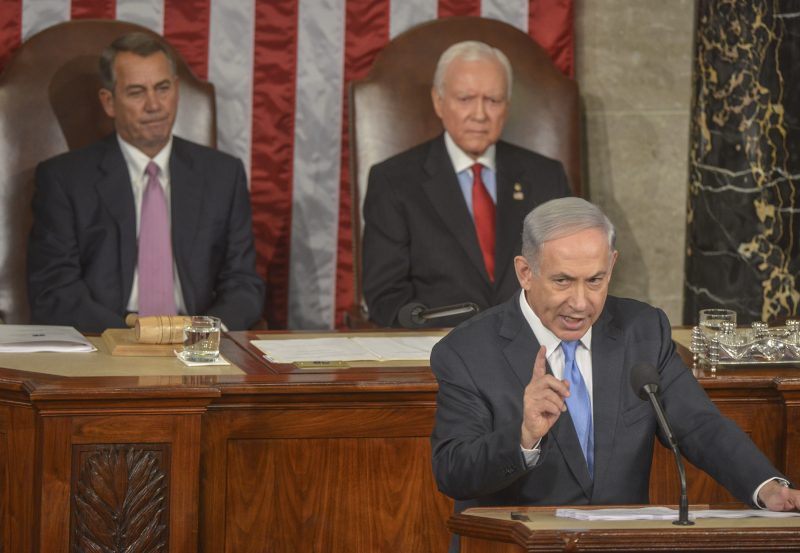The recent political split between former Israeli Prime Minister Benjamin Netanyahu and President Joe Biden highlighted a long-standing divide between Netanyahu’s Likud party and the Democratic Party in the United States. This divergence did not develop overnight but was the culmination of years of disagreements and shifting political dynamics.
One key factor in the strained relationship between Netanyahu and the Democrats was the differing viewpoints on the Israeli-Palestinian conflict. Netanyahu’s government’s policies towards the Palestinians, including settlement expansion and a hardline approach to security issues, often clashed with the desires of the Democratic Party, which tended to prioritize a two-state solution and support for Palestinian rights. These differing stances created friction and made it difficult for Netanyahu to find common ground with Democratic administrations.
Furthermore, Netanyahu’s close ties with former President Donald Trump further widened the gap between Likud and the Democrats. Netanyahu’s enthusiastic support for Trump, particularly regarding issues such as the Iran nuclear deal and the recognition of Jerusalem as the capital of Israel, alienated many Democrats who viewed Trump’s policies as detrimental to peace efforts in the Middle East. Netanyahu’s alignment with Trump further solidified the perception of Likud as a right-wing, conservative party closely aligned with Republican interests.
The personal dynamics between Netanyahu and Democratic leaders also played a role in the deterioration of relations. Netanyahu’s combative style, often seen as confrontational and divisive, clashed with the more diplomatic and consensus-building approach favored by Democratic politicians. Tensions between Netanyahu and President Obama, in particular, became apparent during Obama’s tenure, with Netanyahu publicly criticizing the administration’s policies on Iran and Palestinian statehood.
Additionally, Netanyahu’s handling of domestic issues in Israel, such as his attacks on the media and the judiciary, raised concerns among Democrats about the state of democracy in Israel. Netanyahu’s consolidation of power and his efforts to undermine democratic institutions further strained relations with Democratic leaders who prioritize democratic values and human rights.
Overall, the split between Netanyahu and the Democrats was the result of a complex interplay of political, ideological, and personal factors that developed over many years. While political alliances are subject to change, the underlying differences between Likud and the Democratic Party are likely to persist, shaping the future of U.S.-Israeli relations for years to come.





























